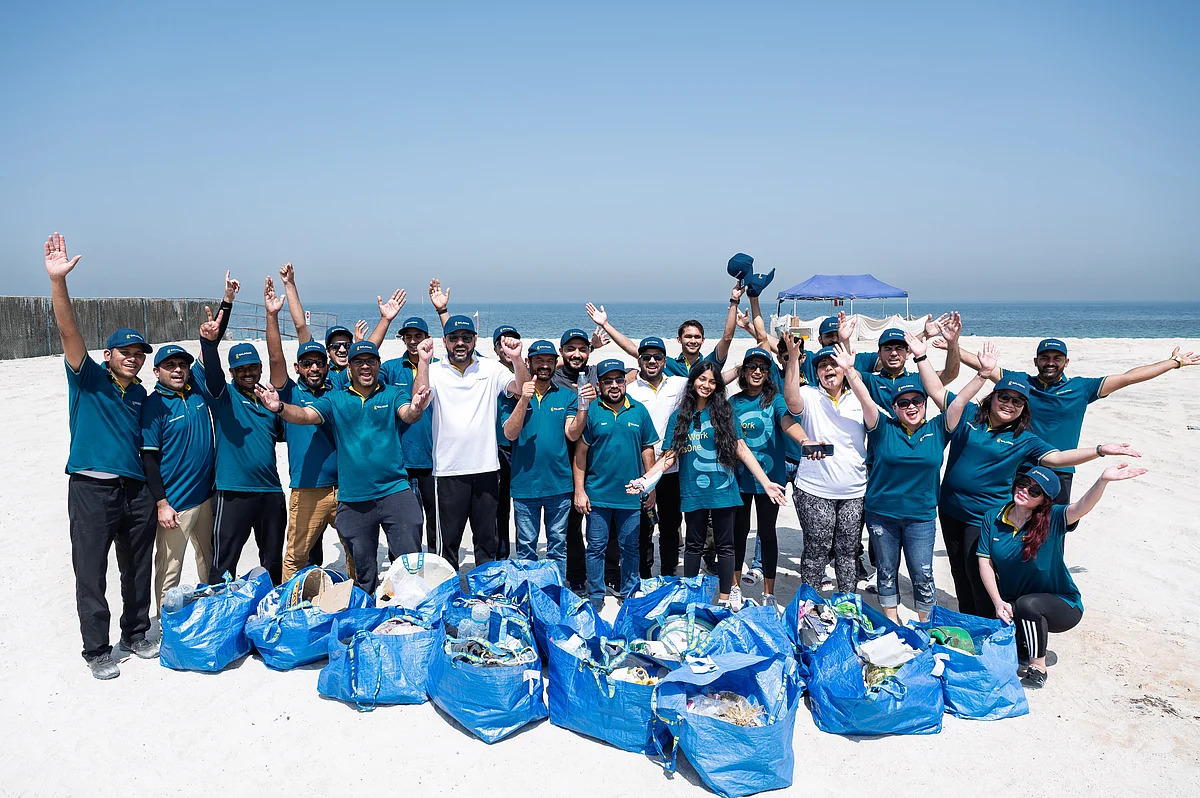CSR And Sustainability: The New Drivers Of Profit And Performance
Walk into a supermarket today and you see more than prices and product labels. You see companies signalling their values: packaging made from recycled materials, fair-trade sourcing, commitments to reduce carbon footprints, and pledges to support local communities. In coffee shops, signs talk about partnerships with farmers. In showrooms, carmakers highlight emissions as much as horsepower. Responsibility has increasingly become part of what companies sell.
Why customers careThis shift isn't happening by accident. It reflects what customers are asking for. Studies show that two out of three consumers are willing to pay more for sustainable brands, and sustainability has become the second most important driver of customer loyalty after product quality. In other words, responsibility has entered the equation of how people choose.
People don't expect companies to be perfect. They know that businesses are profit-driven. But they notice when companies show effort, such as when a retailer cuts down on plastic, a coffee chain supports its growers, or a tech company runs recycling programmes. These actions become part of the brand story, shaping how consumers feel when they pick one product over another.
Why employees careThe same expectation is visible inside companies. Among employees, especially millennials, nearly 40 per cent cite a company's social impact as a major factor in their job choices. In competitive job markets, that is no small detail. Salaries and benefits still matter, but so does pride. People want to work for organisations that reflect their values.
That's why CSR and sustainability programmes matter both outside and inside the company. Volunteering days, community drives, and environmental initiatives give employees a sense of participation in something larger. Pride translates into retention and motivation, and in turn, into productivity. In the end, what looks like a gesture of goodwill often circles back as stronger performance.
Why companies embrace it
Sustainability has become a flex not only for customers but for companies as well. Shoppers signal their values through the products they choose, and firms do it with climate goals and community programmes. Today, responsibility is embedded in corporate strategy, influencing everything from product design and supply chains to regulation and finance.
Take Unilever. Its“sustainable living brands” or the products tied to environmental or social purposes, have grown 46 per cent faster than the rest of its portfolio and now account for 70 per cent of turnover growth.
For others, responsibility is about resilience. Companies that invest in cleaner operations, tighter supply chains, or partnerships with local communities are less vulnerable to regulatory or financial shocks. They adapt faster to change because they have already embedded sustainability into their systems. Even financial markets reward this: banks now offer sustainability-linked loans that reward companies with lower borrowing costs when they meet environmental and social targets.
At Galadari Brothers, I have been closely involved in our CSR and sustainability work. In 2025 alone, we sponsored the plantation of 10,000 mangrove trees in the UAE, led beach clean-up drives to restore natural ecosystems, and encouraged employees to participate in Ramadan food, clothes, and toy donation campaigns. We also secured sustainability-linked and green loans for key projects. These initiatives strengthen community ties, build employee pride, align with national environmental goals, and reinforce our long-term resilience.
The shape of modern businessCSR was once dismissed as window dressing. Today, it is part of the window itself, as a lens through which customers and employees look at companies. Doing good is not a substitute for making money. It is one of the smartest ways to ensure money keeps coming in. The plot twist of modern capitalism is not that companies have suddenly become altruistic. It's that responsibility has become part of competition. Doing good, in other words, has become good business.

Legal Disclaimer:
MENAFN provides the
information “as is” without warranty of any kind. We do not accept
any responsibility or liability for the accuracy, content, images,
videos, licenses, completeness, legality, or reliability of the information
contained in this article. If you have any complaints or copyright
issues related to this article, kindly contact the provider above.
Most popular stories
Market Research

- House Of Doge And Bitstamp By Robinhood Announce Strategic Partnership For NYSE:ZONE Treasury
- Kucoin Partners With Golf Icon Adam Scott As Global Brand Ambassador
- Primexbt Wins Global Forex Award For Best Multi-Asset Trading Platform
- Your Bourse And B2BROKER Partner To Deliver Complete Brokerage Solutions
- Origin Summit Announces Wave 3: Animation Powerhouse Maggie Kang To Join Programming Lineup
- Blueberry Launches A Bold New Brand Platform





















Comments
No comment